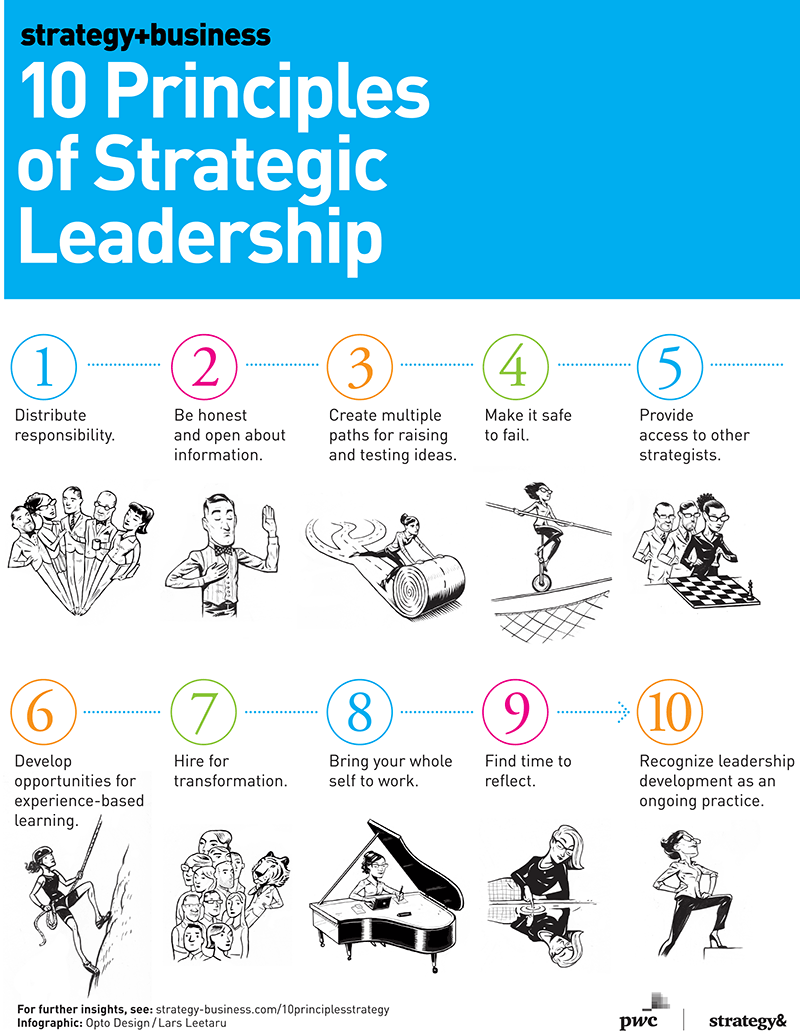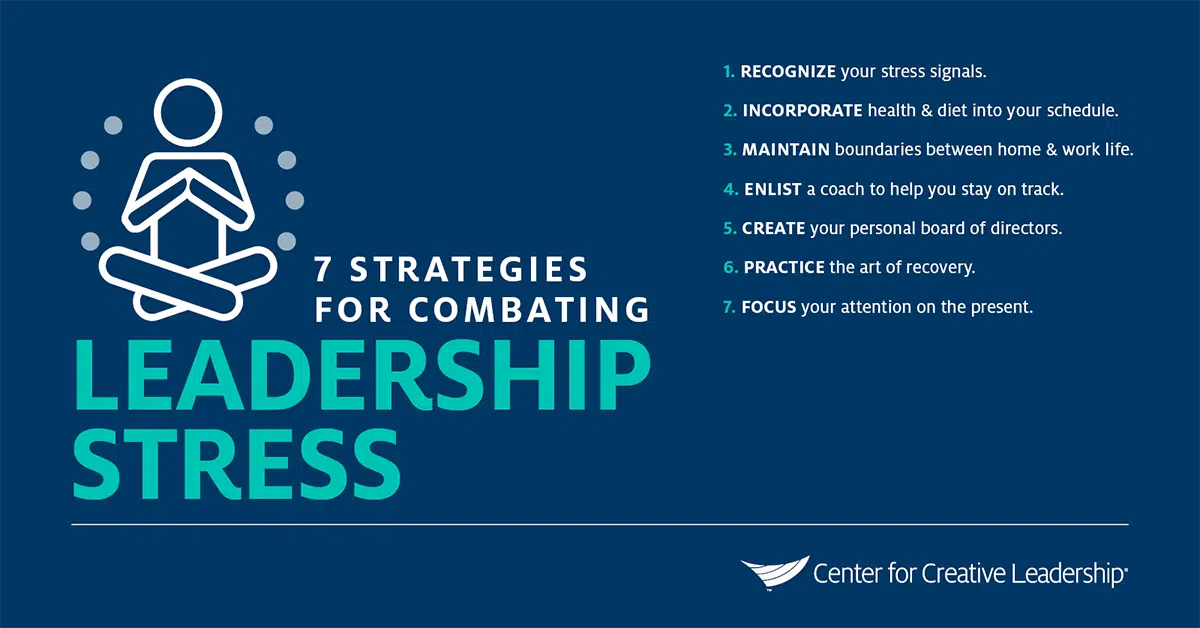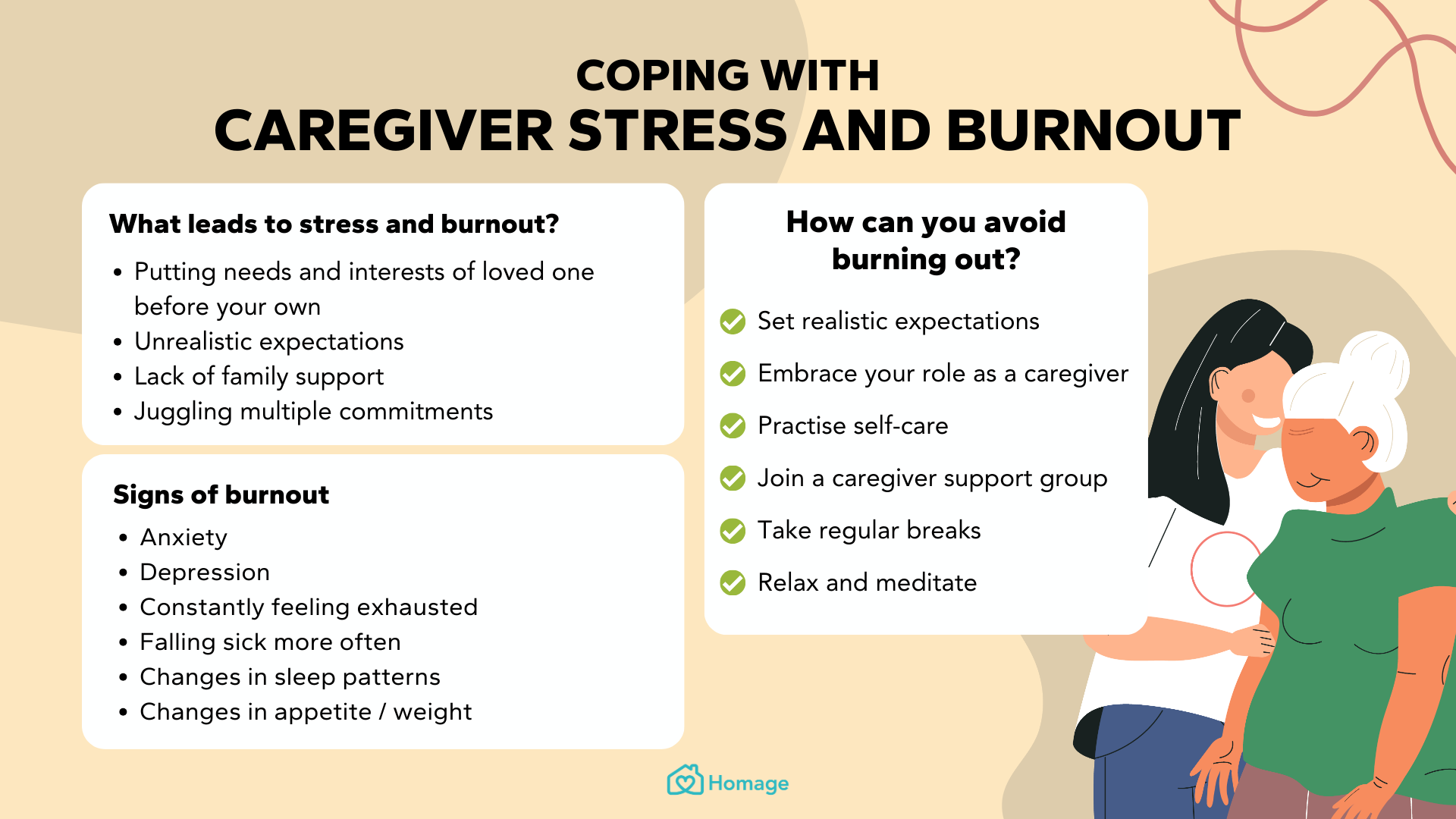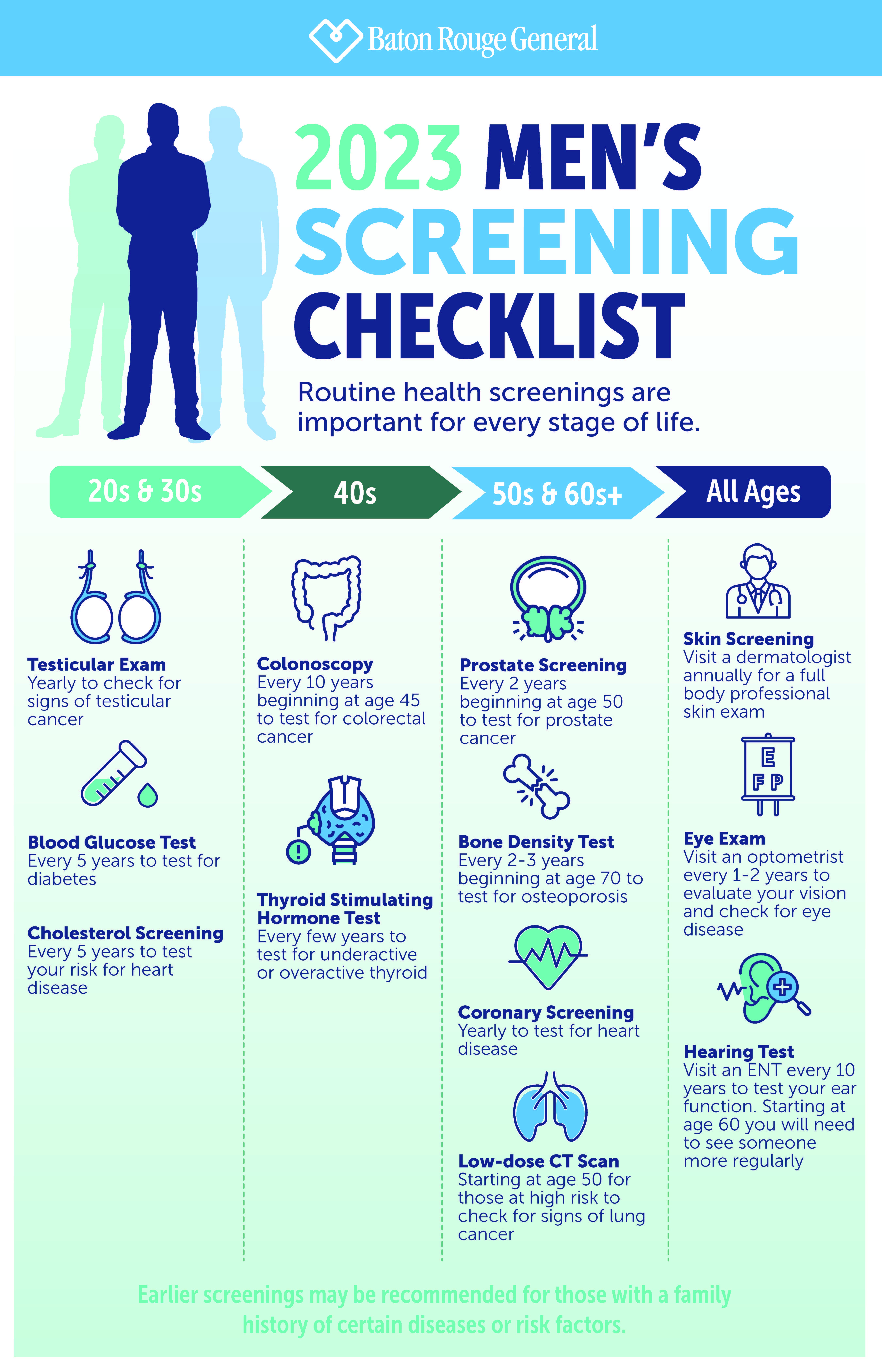5 Essential Leadership Skills for Middle-aged People

5 Essential Leadership Skills for Middle-aged People
As we navigate the complexities of middle age, many of us find ourselves in leadership roles, whether in our careers, communities, or families. Developing strong leadership skills is crucial for success and personal fulfillment. Here are five essential leadership skills tailored to the needs and lifestyle of middle-aged individuals in the United States.

1. Strategic Thinking
Why It Matters: Middle-aged individuals often have a wealth of experience and a broad perspective, which can be leveraged to develop strategic thinking. This skill involves analyzing situations, setting long-term goals, and planning how to achieve them. It’s essential for navigating the complex challenges of midlife, such as career transitions, family responsibilities, and personal health management.
Practical Tips:
-
Reflect on Your Experience: Use your life and career experiences to inform your strategic decisions. Consider past successes and failures to guide future plans.
-
Set Clear Goals: Define what you want to achieve in your personal and professional life. Break down large goals into smaller, manageable steps.
-
Stay Adaptable: Be prepared to adjust your strategies as circumstances change. Flexibility is key in today’s fast-paced world.
2. Emotional Intelligence
Why It Matters: Emotional intelligence (EI) is vital for effective leadership. It involves understanding and managing your emotions and those of others. In midlife, you may face increased stress from caregiving, career pressures, and personal health concerns. Emotional intelligence helps you navigate these challenges while maintaining strong relationships and a positive work environment.
Practical Tips:
-
Self-Awareness: Recognize how your emotions impact your decisions and interactions. Practice mindfulness to stay grounded.
-
Empathy: Listen actively and try to understand others’ perspectives. This fosters trust and collaboration.
-
Conflict Resolution: Use emotional intelligence to resolve conflicts constructively, focusing on solutions rather than blame.
3. Coaching and Mentoring
Why It Matters: As a middle-aged leader, you have valuable experience to share. Coaching and mentoring are essential skills for helping others grow professionally and personally. This not only benefits your team but also enhances your leadership reputation and fulfillment.
Practical Tips:
-
Identify Talent: Recognize the strengths and potential of those around you. Encourage them to develop their skills.
-
Provide Feedback: Offer constructive feedback that is both supportive and challenging. Help others set realistic goals and celebrate their achievements.
-
Lead by Example: Demonstrate the behaviors and values you want to see in others. Your actions inspire and motivate your team.
4. Change Management
Why It Matters: Midlife is a period of significant change—career shifts, family dynamics, health transitions. Effective change management involves adapting to these changes while maintaining stability and guiding others through similar transitions.
Practical Tips:
-
Stay Informed: Keep up with industry trends and societal changes that may impact your work or personal life.
-
Communicate Clearly: When change is necessary, communicate the reasons and benefits clearly to your team or family.
-
Lead with Empathy: Understand that change can be difficult for others. Offer support and resources to help them adapt.
5. Diversity and Inclusion
Why It Matters: As a leader, promoting diversity and inclusion is crucial for creating a positive and productive environment. Middle-aged individuals often work with diverse teams across different generations and backgrounds. Fostering an inclusive culture enhances collaboration, creativity, and overall success.
Practical Tips:
-
Educate Yourself: Learn about different cultures, perspectives, and experiences to better understand your team members.
-
Promote Open Dialogue: Encourage open communication where everyone feels valued and heard.
-
Address Bias: Recognize and address any biases that may exist within your team or organization. Foster a culture of respect and equality.
Conclusion
Developing these five essential leadership skills—strategic thinking, emotional intelligence, coaching and mentoring, change management, and diversity and inclusion—will empower middle-aged individuals to navigate the challenges of midlife with confidence and success. Whether in professional or personal contexts, these skills enhance your ability to lead effectively, build strong relationships, and achieve your goals.


Additional Resources for Middle-aged Leaders

Leadership Development Programs
-
Online Courses: Platforms like Coursera, LinkedIn Learning, and edX offer courses on leadership skills tailored for mid-career professionals.
-
Workshops and Seminars: Attend local workshops or seminars focused on leadership development for middle-aged professionals.

Books
-
“The Leadership Challenge” by James M. Kouzes and Barry Z. Posner: A classic guide to leadership practices.
-
“Emotional Intelligence 2.0” by Travis Bradberry and Jean Greaves: Practical strategies for improving emotional intelligence.

Networking
-
Professional Associations: Join industry-specific associations to network with peers and learn from their experiences.
-
Mentorship Programs: Seek out mentorship opportunities where you can learn from experienced leaders.
.png)
Addressing Midlife Challenges
Middle-aged individuals often face unique challenges, including increased caregiving responsibilities, financial stress, and health concerns. Here are some strategies to manage these challenges while developing your leadership skills:

Caregiving Responsibilities
-
Seek Support: Connect with support groups or counseling services to manage caregiving stress.
-
Prioritize Self-Care: Make time for activities that promote your physical and mental well-being.

Financial Stress
-
Financial Planning: Consult with a financial advisor to create a long-term plan that aligns with your goals.
-
Budgeting: Manage your expenses effectively to reduce financial stress.

Health Concerns
-
Regular Check-Ups: Stay on top of your health with regular medical check-ups.
-
Physical Activity: Engage in regular physical activity to improve your health and longevity.

Conclusion
In conclusion, middle-aged individuals have a unique opportunity to leverage their experience and wisdom to become effective leaders. By focusing on strategic thinking, emotional intelligence, coaching and mentoring, change management, and diversity and inclusion, you can enhance your leadership skills and navigate the complexities of midlife with confidence. Remember to prioritize your well-being and seek support when needed, as these are essential components of successful leadership.
Final Thoughts
As you embark on this journey of leadership development, remember that leadership is not just about achieving success; it’s also about inspiring others and creating a positive impact. By embracing these essential skills and addressing the challenges of midlife, you can become a more effective, compassionate, and influential leader in your personal and professional life.
References
For further reading and resources, consider exploring the following articles and books:
-
Indeed.com: 10 Essential Leadership Skills To Develop .1
-
DDI: Middle Manager Development .2
-
LinkedIn: 6 Leadership Skills for Mid-Career Professionals .3
-
The Conversation: Middle-aged Americans in US are stressed and struggle with physical and mental health .4
-
Vistage: 15 Leadership Qualities and Characteristics of Great Leaders .7














